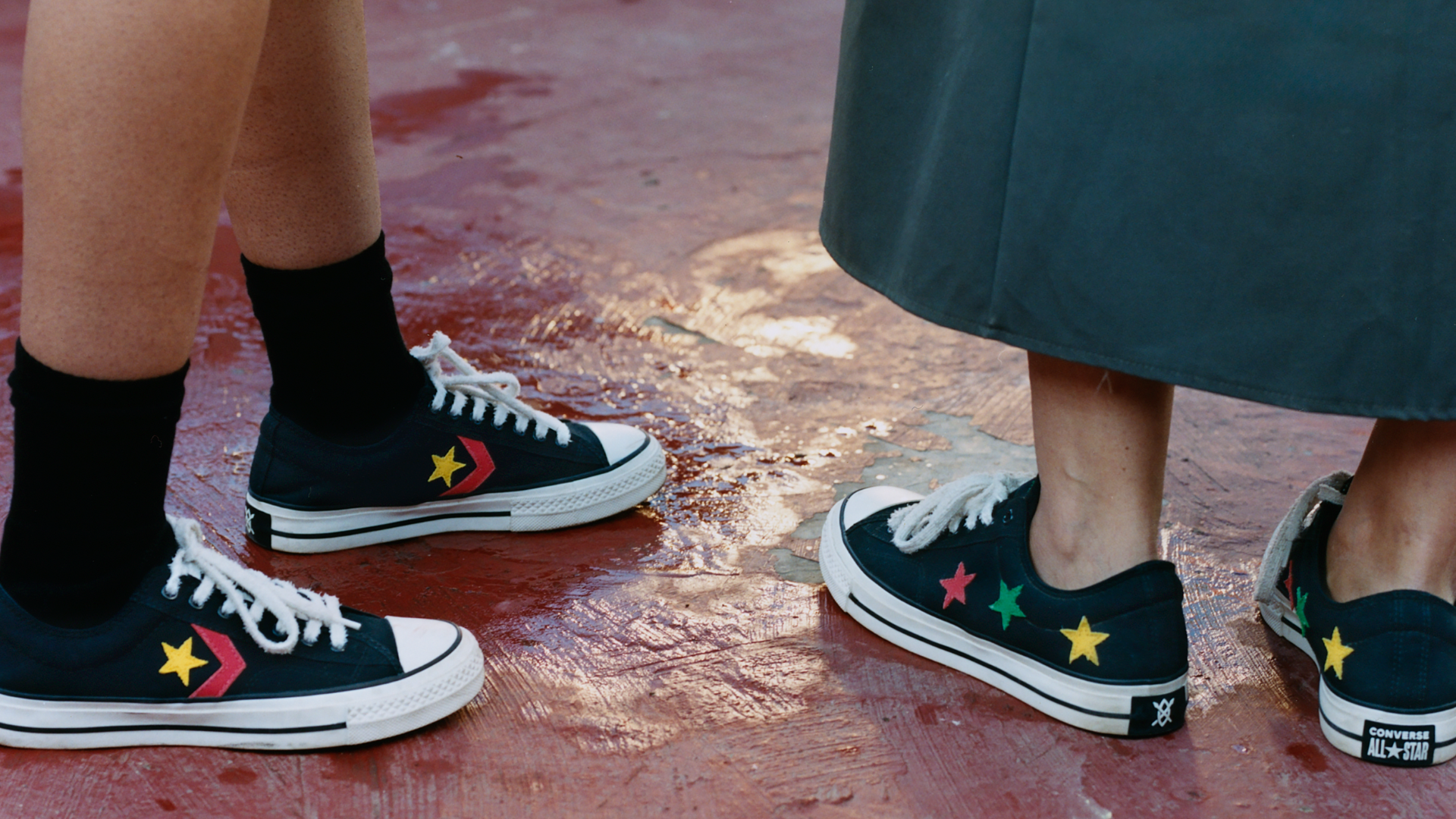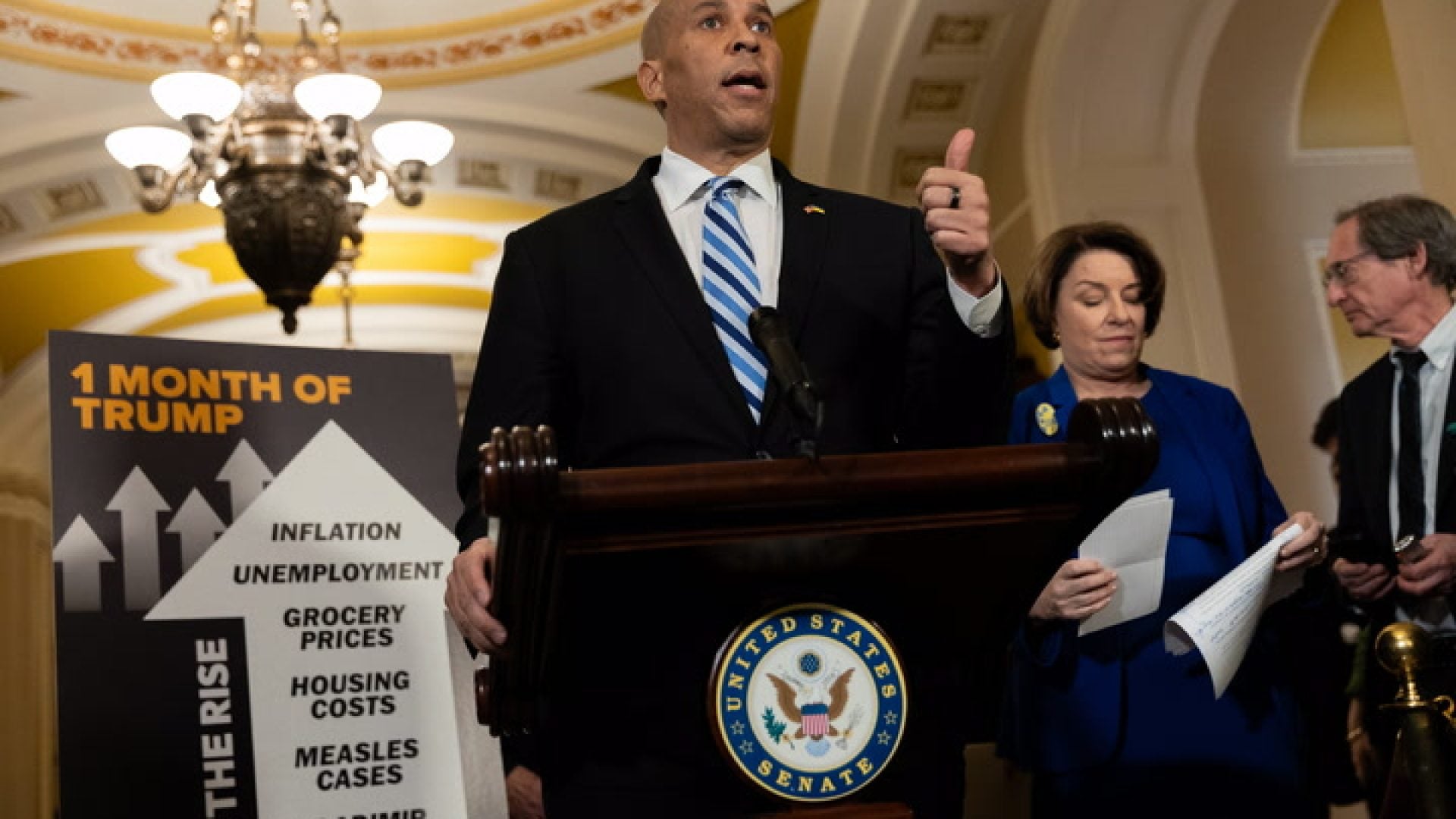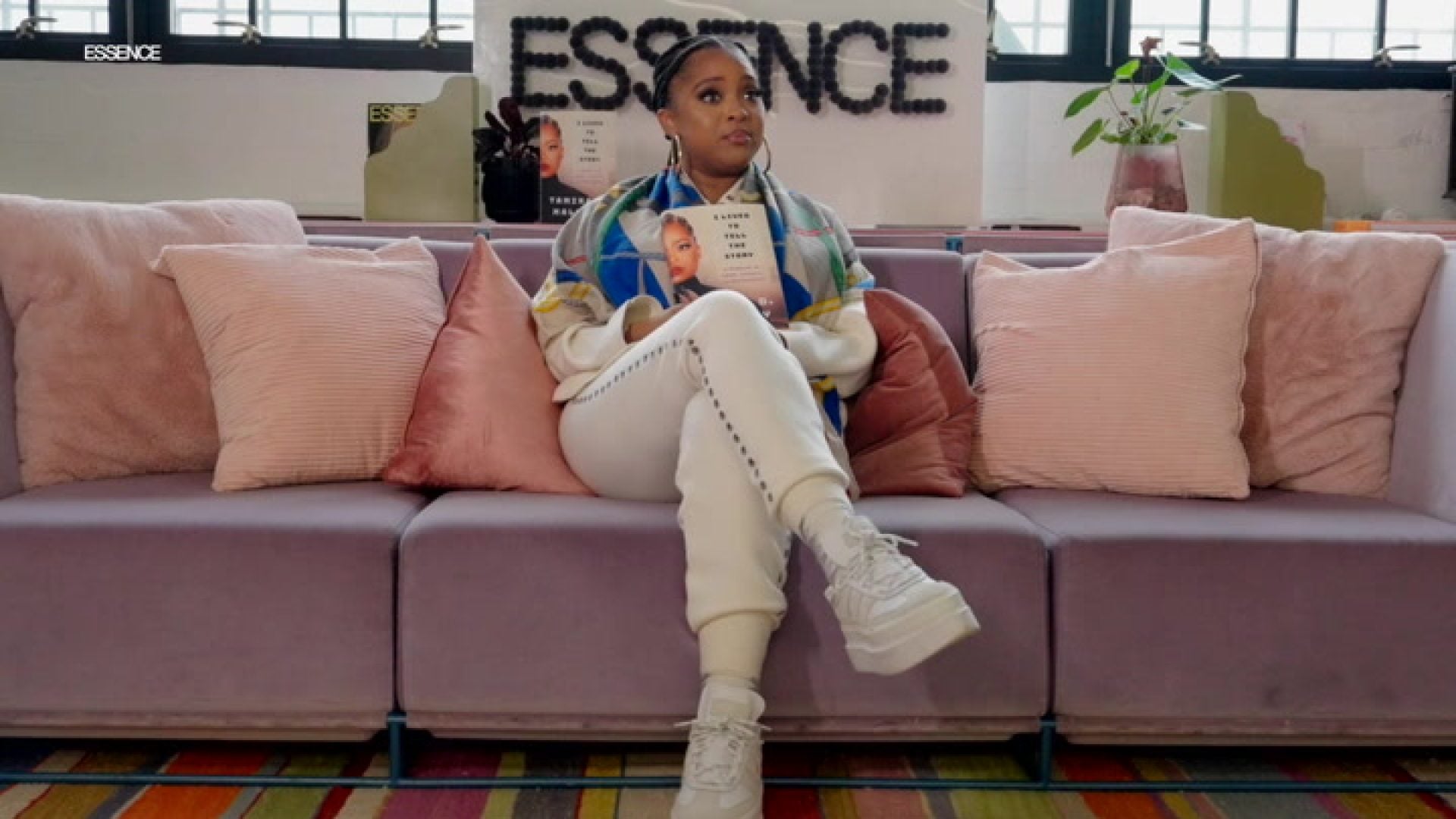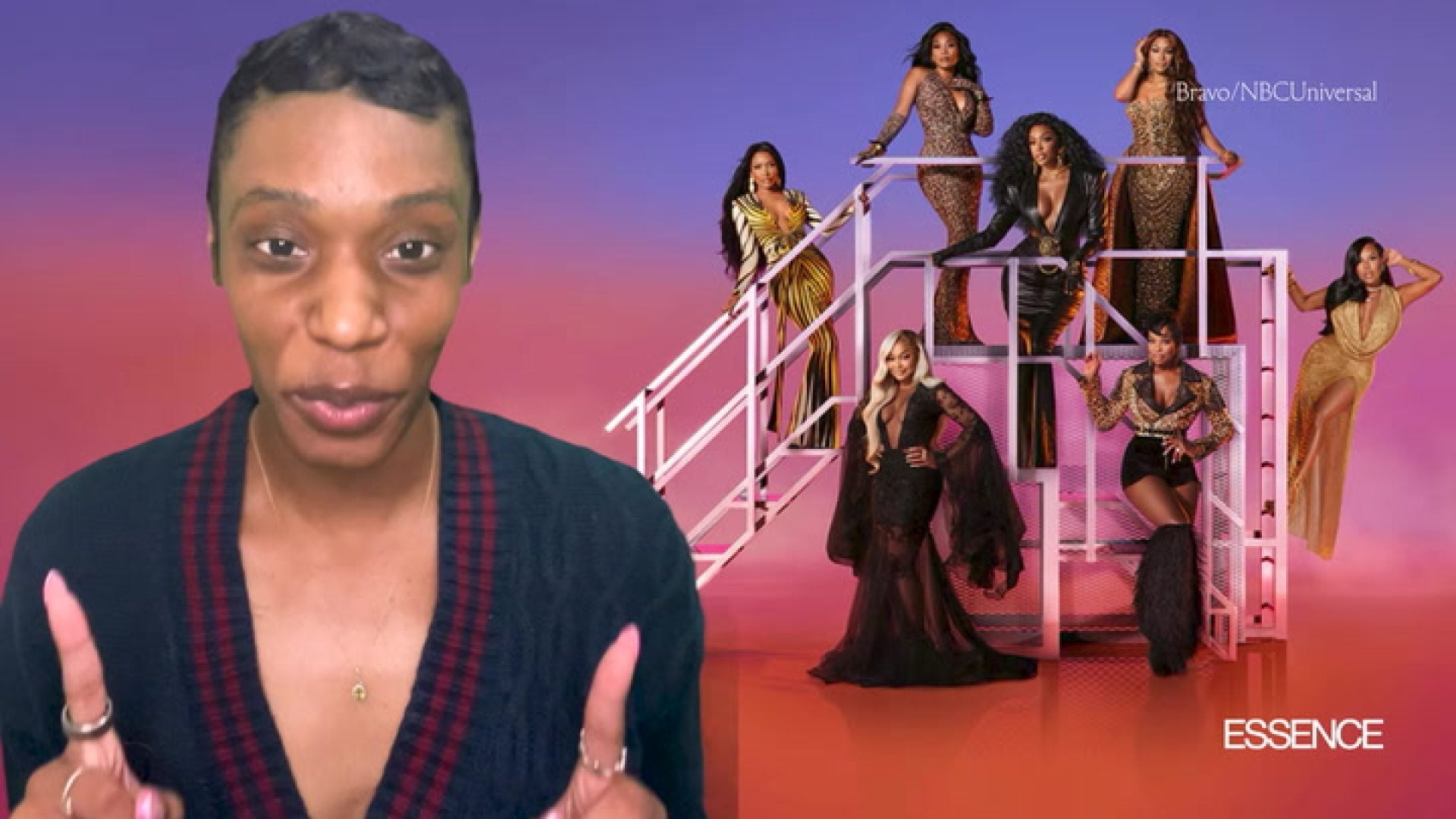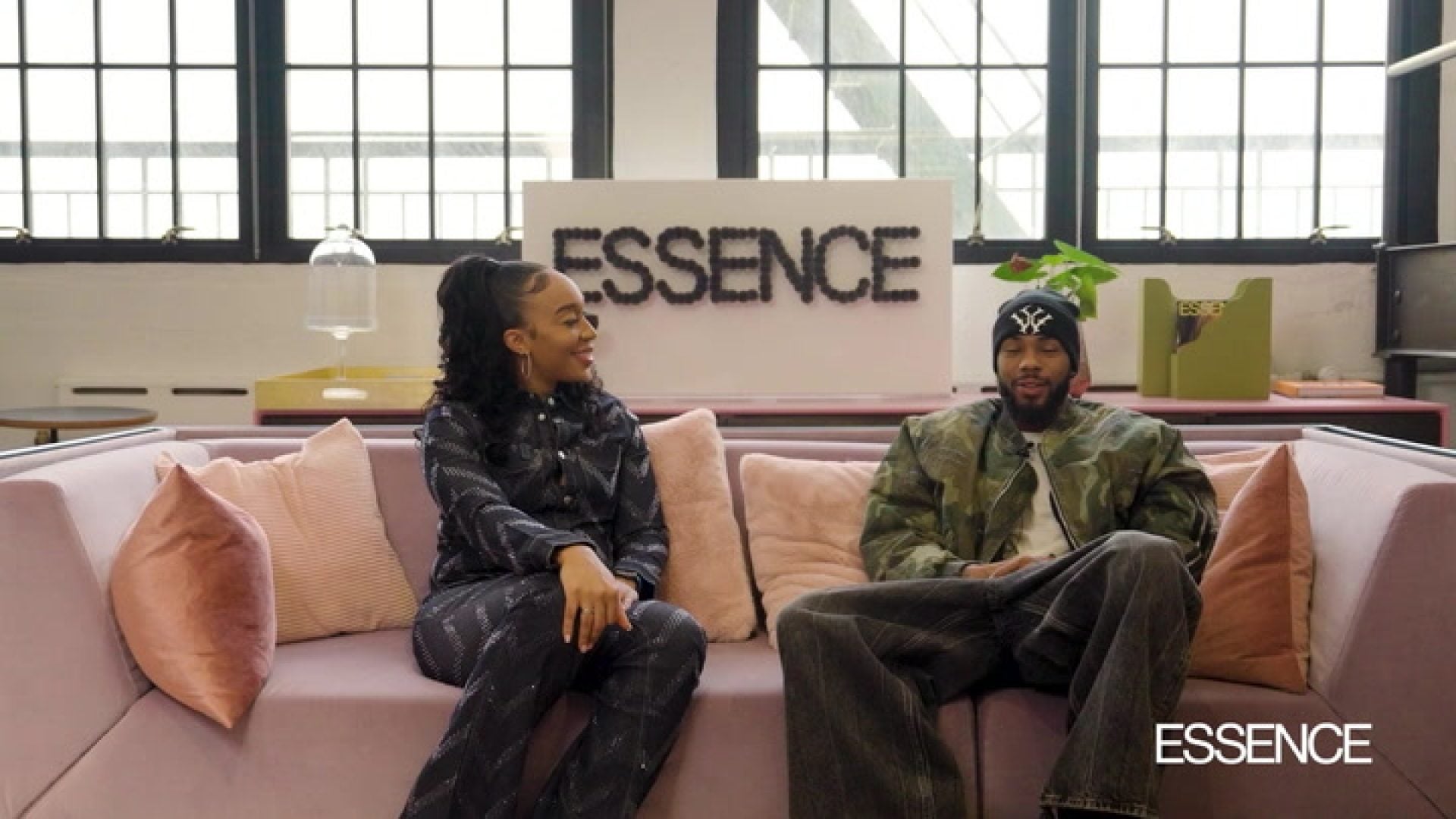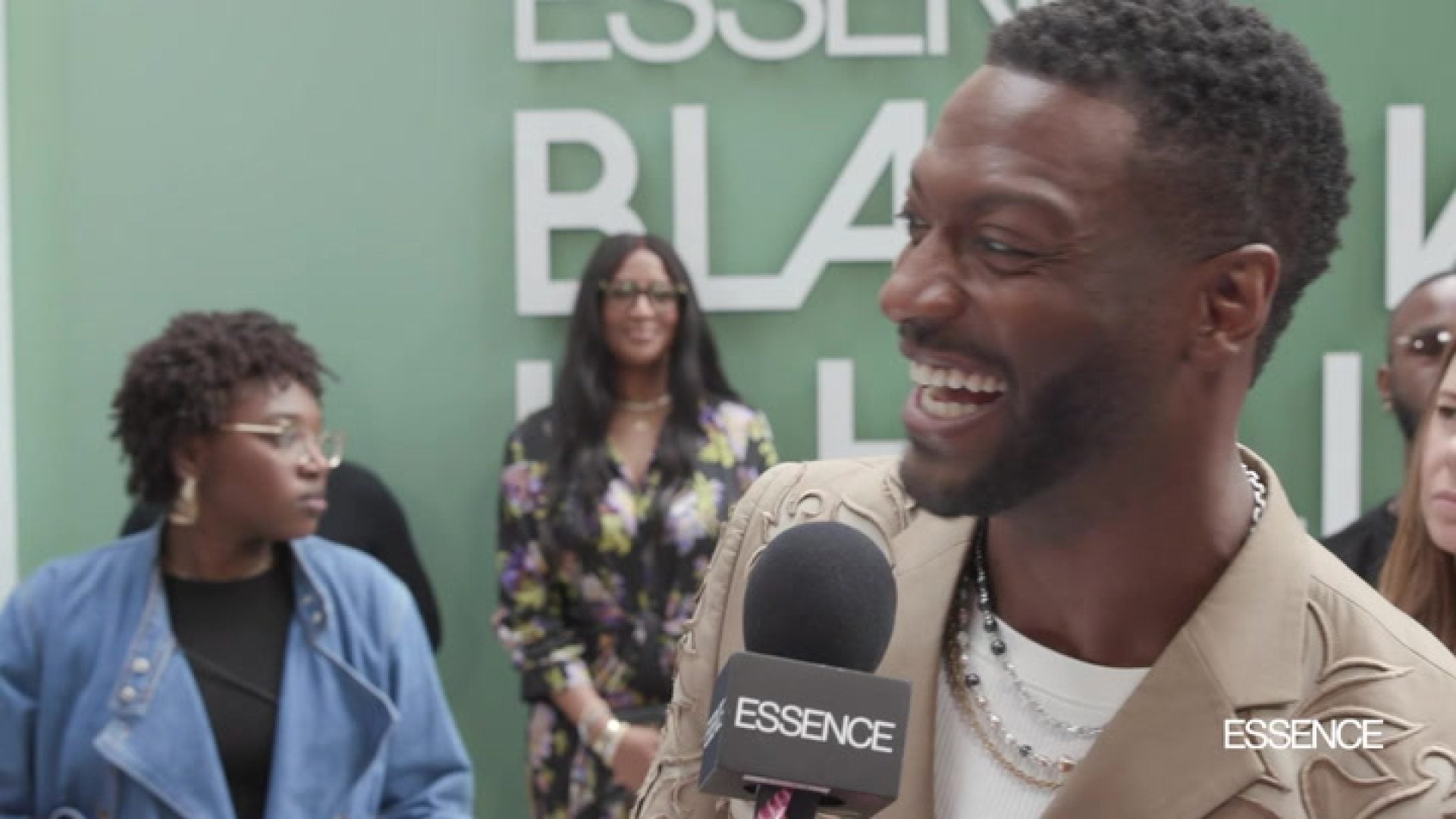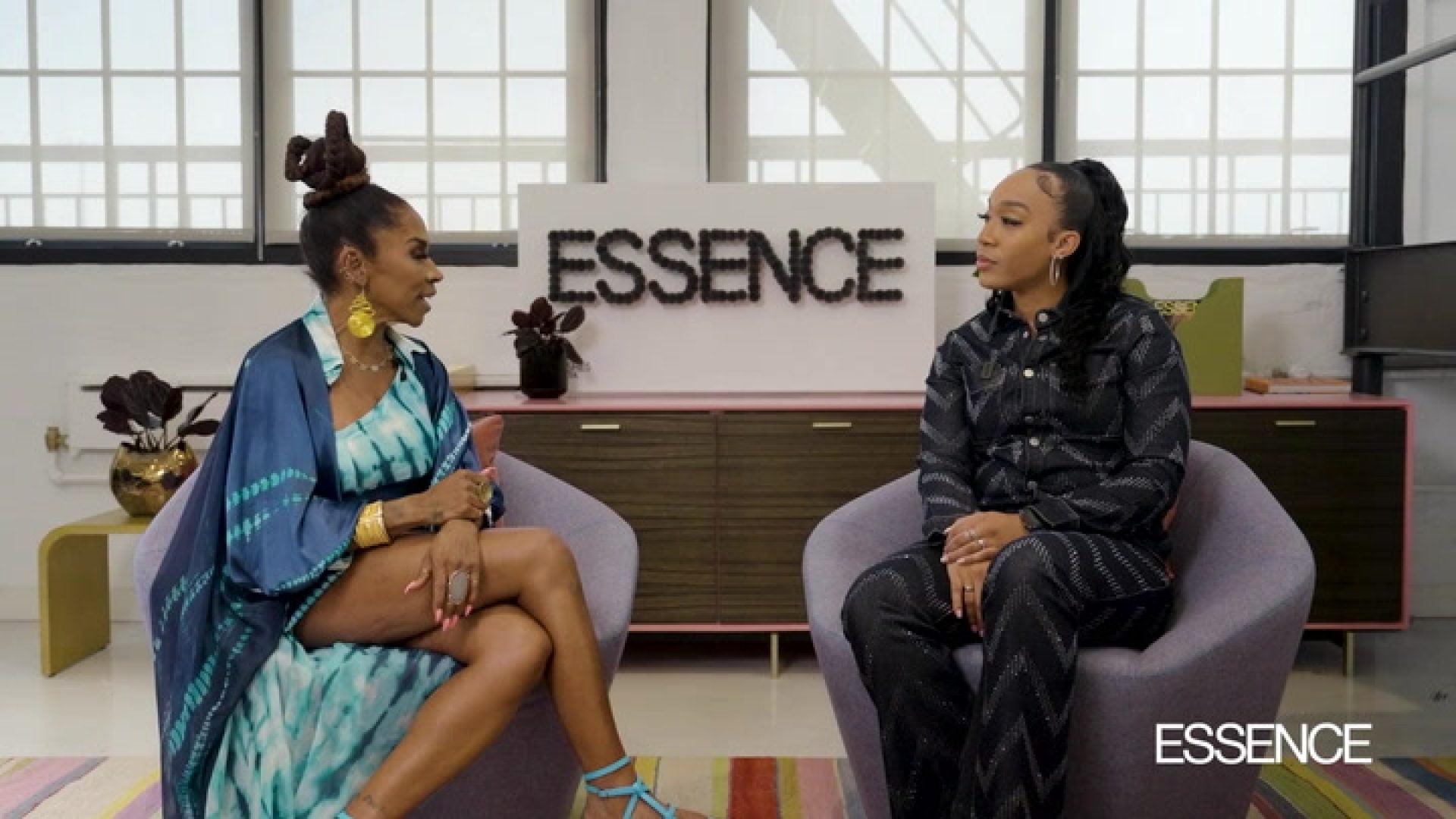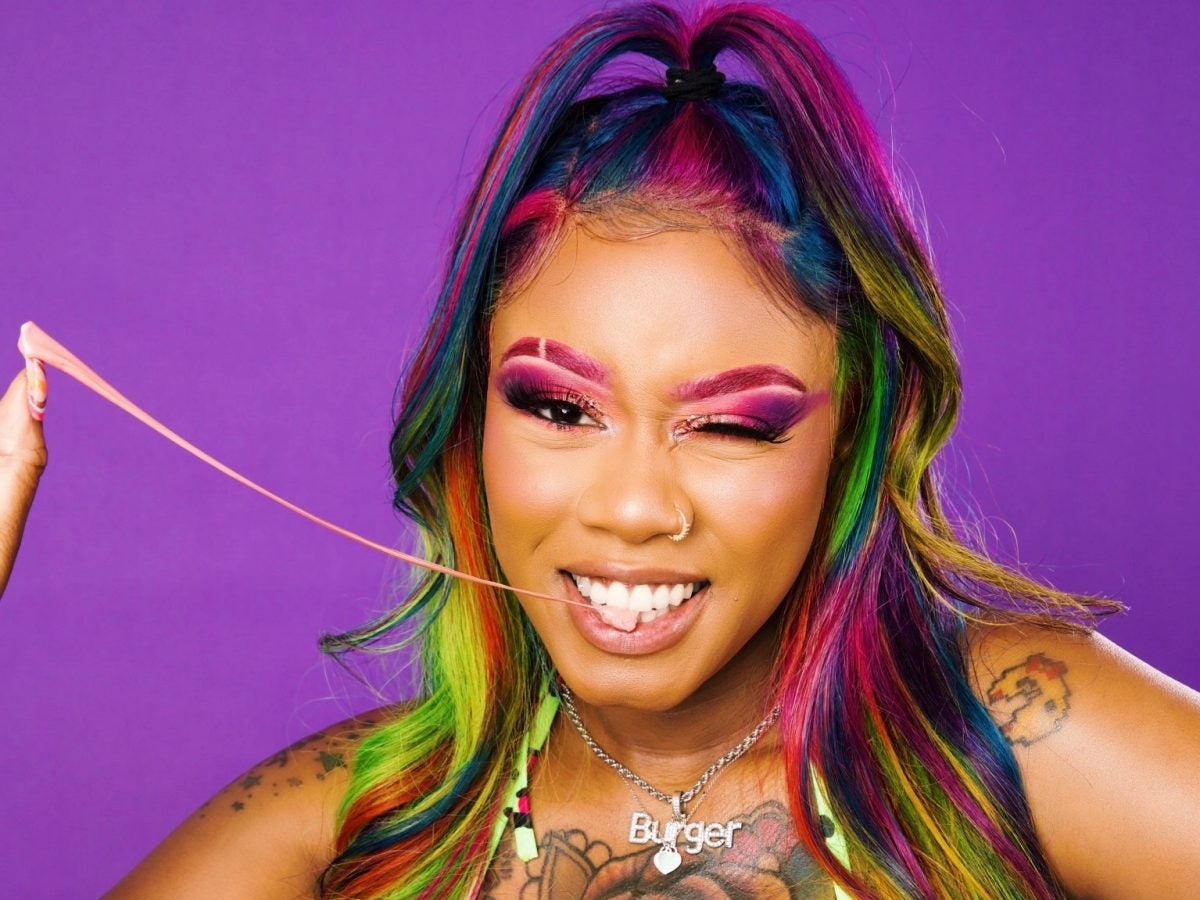
While some may not have necessarily heard of Dai Burger, you’ve almost certainly witnessed her influence.
An originator on the underground queer hip-pop scene, Burger’s vibe has sent ripple effects across the mainstream female hip-hop industry. From her colorful cartoonish aesthetic to her vibrant, high-pitched rap cadence, her impact has reverberated from the underground to the mainstream, despite the fact that she’s often overlooked as an originator in the culture.
“It’s tough. I won’t lie. It’s tough coming from the underground because I am one of the creators of the queer underground music scene,” she said, frankly. However, she refuses to let the use of the creation without recognition of the creator knock her off track.
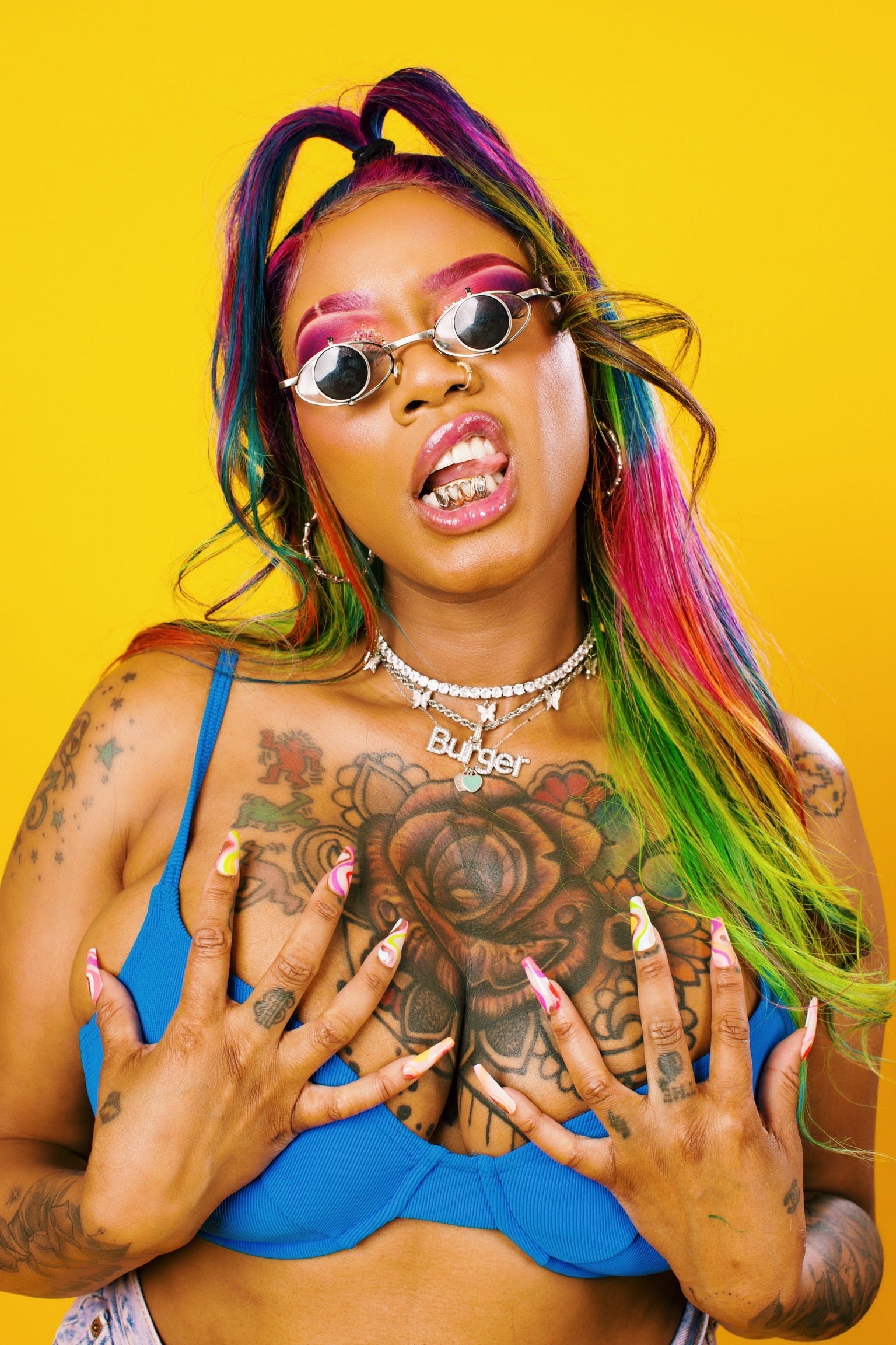
“If people get inspired, it’s flattering. It makes me know I’m doing something right,” she says. “And I won’t stop just based on the numbers or what comes from it because this is who I am.”
Bursting onto the entertainment scene in the late-aughts MySpace era, Dai Burger’s signature style of bombastic choreography, candy-colored hair and clothing, and high-energy raps were carved out while working as a touring backup dancer and stylist at New York’s famed Patricia Fields.
In a signature style she’s dubbed Hip-Pop, the Queens-bred artist marries multiple genres for an explosion of creativity and originality.
“It’s fun, it’s bubbly, it gives fashion, it gives fun, but also, it’s all about being confident,” she says of her sound.
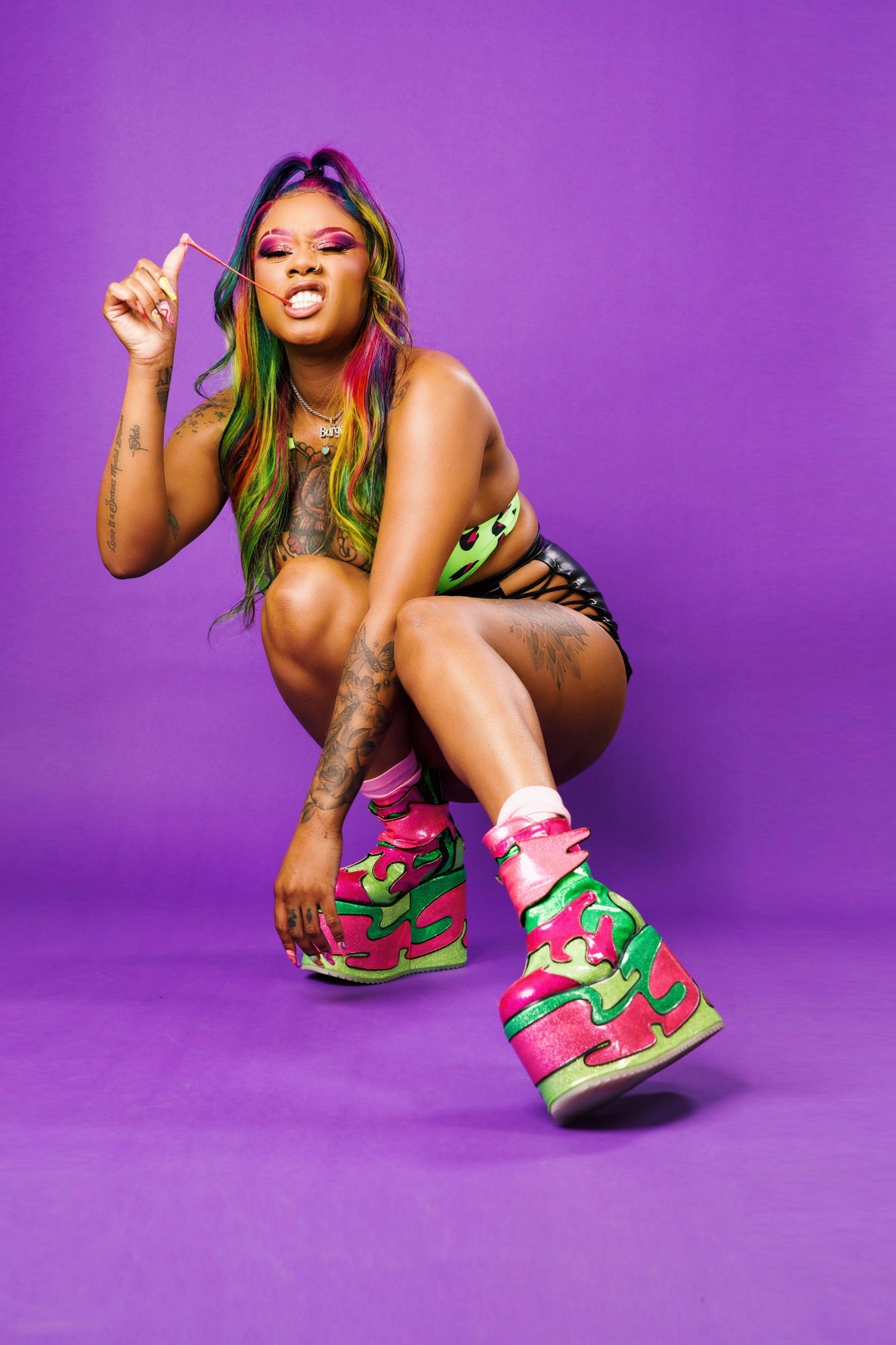
Her latest release, Back in Ya Mouf, just released on December 10 stays true to that form. With 12 tracks that not only revisit the Baltimore Club meets New York Sass sound perfected on her 2014 underground classic In Ya Mouf, but add a modern twist that speaks to our current world condition (“I Miss The Club” in particular rings true in pandemic times), Burger’s dancefloor-ready vibes provide the perfect mood-boosting, serotonin releasing soundtrack to bad-bitch activities.
“It’s an ode In Ya Mouf which was released before streaming was prevalent,” she says of her latest project. “I worked on that one with a producer named Mighty Mark based out of Baltimore. It’s really dope when me and him collab because I’m so New York and he’s so Baltimore club. But the fusion, it’s really dope. I love the direction my music goes and grows in.”
In Ya Mouf earned Burger a rabidly dedicated fan base that follows and supports her to this day. Lovingly dubbing them her “Dai Ones,” Burger says she’s both surprised by and appreciative of the level of support she gets, and makes it a point to cater to the ones who’ve been along for the ride since the very beginning.
“I know they want to hear this. I know they want to shake they booties,” she laughs. “So, let me give it to them and I keep serving them. I can’t help it.”
She acknowledges that the best way to stay true to her Dai One fans is to stay true to herself, as their wants and tastes bounce off one another
“I know they want to dance, but I’m really catering to myself because it’s the music I want to hear, and the music I want to create and put out.
“I do that by staying true to my Hip-Hop self. Still rapping, still giving them bars. Some stuff might go over people’s heads sometimes, but I’m still going to dish it.”
With a sound and a vibe primed to take her from the underground to front street, Dai Burger seems to have no interest in competing with any of the other female rappers who’ve followed her blueprint over the years. Though it can be vexing, she remains positive, knowing she has far more to give than what’s been taken.
“I have my days, we all have our days, but then you know what, that’s cute,” she says. “They can have it, and you keep it moving. Because if I sit and dwell on a lot of the negative parts, I couldn’t stay focused.”
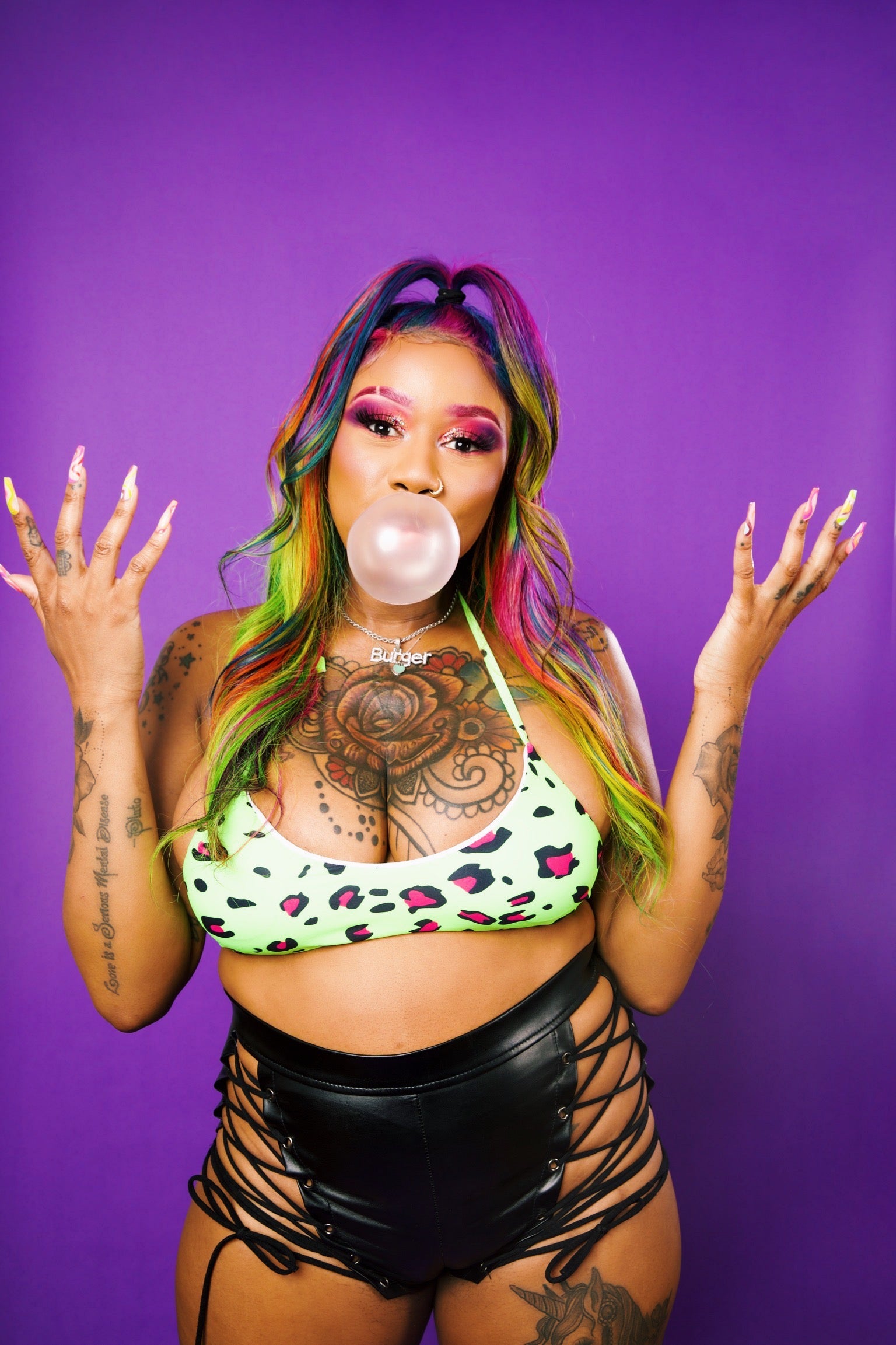
And in an industry determined to pit women against each other, staying focused is paramount. After all, there is always a Hip-Hop talking, a fan in the comment section, or a music reviewer ready to compare this woman emcee to that one, or question the “lack of variety” among women’s subject matter – while completely ignoring any such repetition among the styles, subject matter, or lyricism among the men. It’s a thought process that has partially kept the artist shut out of the mainstream for her whole career.
“There’s a million [male rappers]. The door’s so slim for the ladies and it’s so unfair because there should be room for all of us, the same way they do it for the guys,” she observes.
But ever the ball of positivity, Dai Burger remains unfettered and undeterred.
“We just have to fight a little harder, but nothing’s impossible. We’re women, we’re going to get it done regardless.”


